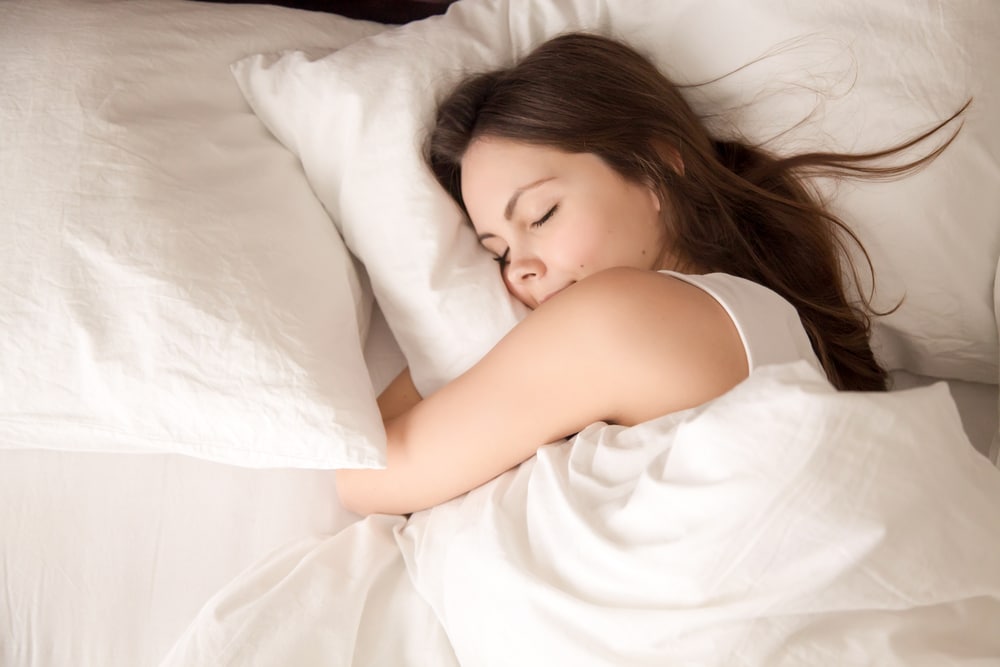
If you have sleep apnea, you know it’s not about how much sleep you get every night — it’s more about the quality of your sleep. It doesn’t matter if you’re in bed for eight to 10 hours a night if you’re only getting two or three hours of truly restful sleep. Sleep apnea and other sleep breathing disorders can prevent those affected from getting quality sleep night after night, which means not only are you tired, but you’re also at risk of serious health problems.
The Signs of Sleep Apnea
The most common signs of sleep apnea include:
- Loud snoring or gasping for breath during the night
- Difficulty falling asleep or staying asleep
- Daytime fatigue
- Waking up to urinate frequently during the night or bedwetting beyond potty-training years
- Waking up with dry mouth, sore throat or headache
- Mood swings, anxiety and depression
- Difficulty concentrating, memory loss and trouble paying attention
- Bruxism (tooth grinding)
Sleep Quality and Sleep Apnea
If you’re living with sleep apnea, the first thing you should do is seek treatment. If you’re untreated, you can be at risk of developing chronic health problems such as diabetes, high blood pressure and Alzheimer’s disease. Untreated sleep apnea can also result in death.
Some of the treatments for sleep apnea include continuous positive airway pressure, or CPAP, machines; oral appliance therapy; and lifestyle changes. Here are a few things we recommend:
- Reducing stress to reduce the risk of teeth grinding/bruxism
- Losing excess weight
- Doing yoga or light physical exercises to improve oxygen flow
- Eliminating alcohol before bed as it can relax the throat muscles and make your sleep apnea worse
- Quitting smoking to reduce inflammation and swelling in the throat
- Sleeping on your side and not your back to increase airflow
- Using a humidifier if you live in a dry climate
- Not consuming caffeine after noon
- Avoiding eating between two to three hours before bedtime
- Sleeping in a dark, cold room
These steps can help improve your sleep for the better. However, we recommend that you see your dentist to discuss treatment options for your sleep apnea or sleep breathing disorder. Don’t let your sleep apnea go untreated. Call Legends Dental at 254-799-9540 to schedule an appointment now.




